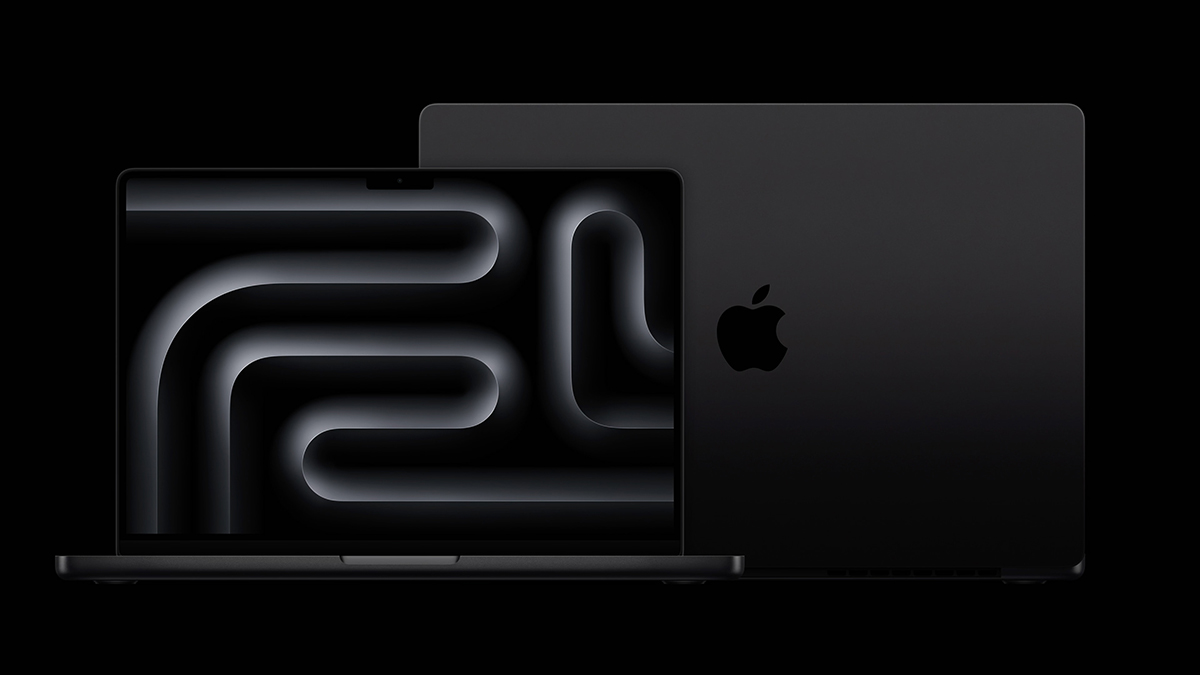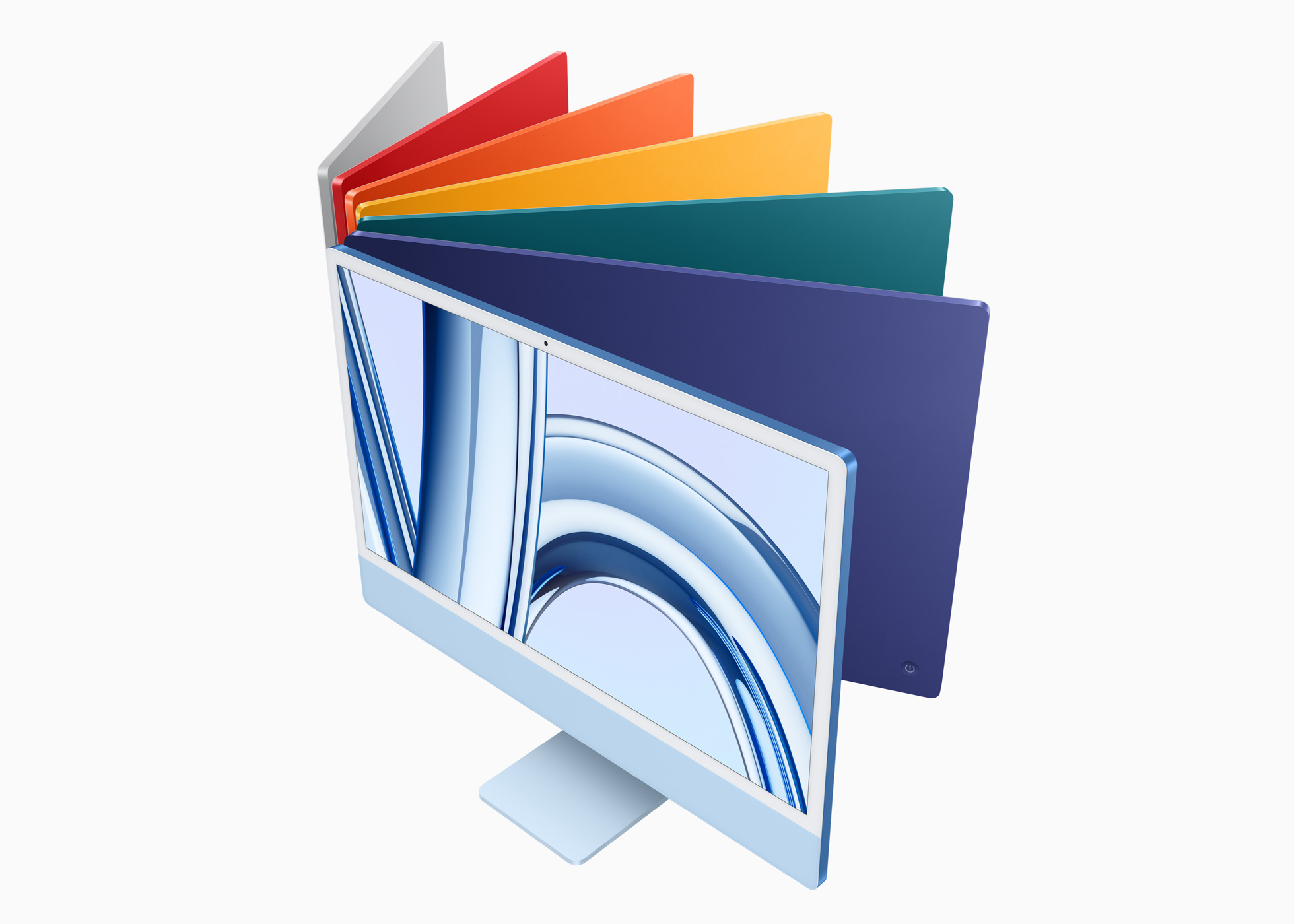Apple brings its new M3 chips to the MacBook Pro and iMac, promising to satisfy music makers and other creatives who have a need for more speed
New processors promise faster performance and improved efficiency

There weren’t any unexpected tricks at Apple’s Halloween-themed event, but it did offer some treats - particularly if you’re in the market for a new Mac. Not only did the company unveil its new M3 range of processors - M3, M3 Pro and M3 Max - but it also announced that it’s putting them in updated versions of the MacBook Pro and iMac.
Predictably enough, Apple claims that M3 can deliver “dramatically increased performance”, thanks in part to the fact that the chips are built using 3-nanometer process technology. For the uninitiated - which is probably most of us - this means that more transistors can be packed into a smaller space, improving speed and efficiency. So now you know.
• Best Mac for music production: the best Apple machines for your music-making needs
There’s lots of talk about M3’s new GPU, which offers dynamic caching, mesh shading, and hardware-accelerated ray tracing, while faster performance cores should mean that you can use more tracks, effects and instruments in your DAW projects. The M3 Max offers support for up to 128GB of memory, too, if you’re prepared to pay for it.
- Explore this year's best Black Friday MacBook deals

As of now, you can spec any one of the three new M3 chips in your new 14- or 16-inch MacBook Pro, though the iMac only gets the ‘standard’ M3. Prices start at $1,599/£1,699 for the 14-inch MacBook Pro, $2,499/£2,599 for the 16-inch MacBook Pro and $1,299/£1,399 for the 24-inch iMac.
All the new Macs can be ordered now and will be available from 7 November. Find out more on the Apple website.
Get the MusicRadar Newsletter
Want all the hottest music and gear news, reviews, deals, features and more, direct to your inbox? Sign up here.



I’m the Deputy Editor of MusicRadar, having worked on the site since its launch in 2007. I previously spent eight years working on our sister magazine, Computer Music. I’ve been playing the piano, gigging in bands and failing to finish tracks at home for more than 30 years, 24 of which I’ve also spent writing about music and the ever-changing technology used to make it.









